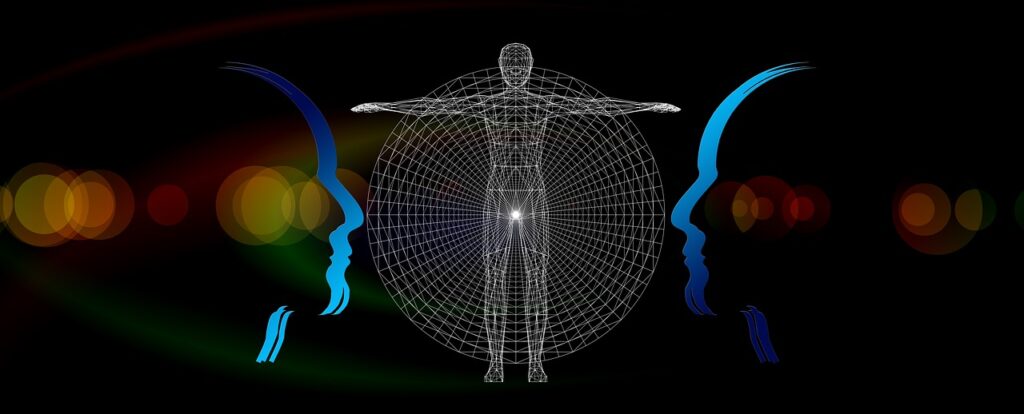I’ve mentioned the connection between this article from the late science fiction writer Hugh Grant and the connection between Monsanto and a host of other issues. (I won’t repeat all the details here. This is a blog post about a topic that’s important to me.
The idea of Monsanto is, of course, that it’s the largest agricultural company on the planet. Its products include genetically-modified seeds, pesticides, herbicides, and growth hormones. In addition, Monsanto has been accused of forcing farmers to buy its seeds through deceptive marketing techniques, resulting in the company’s profits quadrupling. The company’s actions are often seen as a form of “state-sanctioned terrorism” against genetically-modified crops.
Because of this, Monsanto has been sued and raided numerous times by the US government for its corporate malfeasance. We have also seen Monsanto and its subsidiaries receive billions in bailouts from the US government, which is why the company is now on a path for bankruptcy.
Of course, what most people don’t know about is that Monsanto’s financial troubles began in the late ’90s and have been building over the past decade. Monsanto made a fortune selling seeds, but that fortune has been eroding because of the company’s own actions. In its recent court case against its former CEO, Monsanto sued him and won. The company also made a loss of over $13 billion in just the past year alone.
From the company’s website: “Monsanto is responsible for much of the world’s food supply and is widely recognized for the safe, effective, and environmentally friendly products it sells. The company is also a leading producer of genetically engineered seeds, a major source of herbicide-resistant crops, a major agrochemical company, and an active member of the World Trade Organization. Its products have been linked to food safety problems such as cancer, birth defects, and hormone disruption.
It is also the company that created one of the biggest problems of the 20th century: the chemical BPA (Bisphenol A). It is an endocrine disruptor, and is one of the most common compounds found in products such as food containers and drinking water. It has been banned in the US, but it is still in use in many other countries, including Australia and New Zealand.
Monsanto is the company that created BPA. It isn’t the only company doing such things, but it is the one that is most publicly associated with it. The company’s corporate culture has long been opposed to the use of BPA because it has been linked to infertility, cancer, increased birth defects, and other illnesses. It also has been linked to foodborne illnesses, allergies, and other health concerns.
Now the people of the world are beginning to realize that the Monsanto company isnt the only one doing such things. When it comes to BPA, its use has been linked to other health concerns as well. The company has also been linked to birth defects and cancer. In fact, a recent study showed that BPA could cause birth defects in animals whose mothers were exposed to the chemical during pregnancy.
As an example, the health issues that BPA has caused are ones that are well known. Bisphenol A has been shown to cause many different health issues in children including cancer, birth defects, and others. The link between BPA and birth defects has been widely publicized. Another link that has been widely covered in the media is the link between BPA and cancer. Even with its controversial link to cancer and allergies, BPA still exists and has been proven to cause cancer.
Some people are concerned that as much as we are aware of the health effects of BPA, we don’t know enough about its effects on mothers. To be blunt, these people are absolutely right. The link between BPA and cancer is well known however, and the link between BPA and pregnancy is not. We know that BPA is linked to birth defects, and that it has also been linked to cancer.

 blog3 years ago
blog3 years ago
 Technology2 years ago
Technology2 years ago
 Startups2 years ago
Startups2 years ago
 blog7 months ago
blog7 months ago
 blog2 years ago
blog2 years ago
 blog2 years ago
blog2 years ago
 blog2 years ago
blog2 years ago








